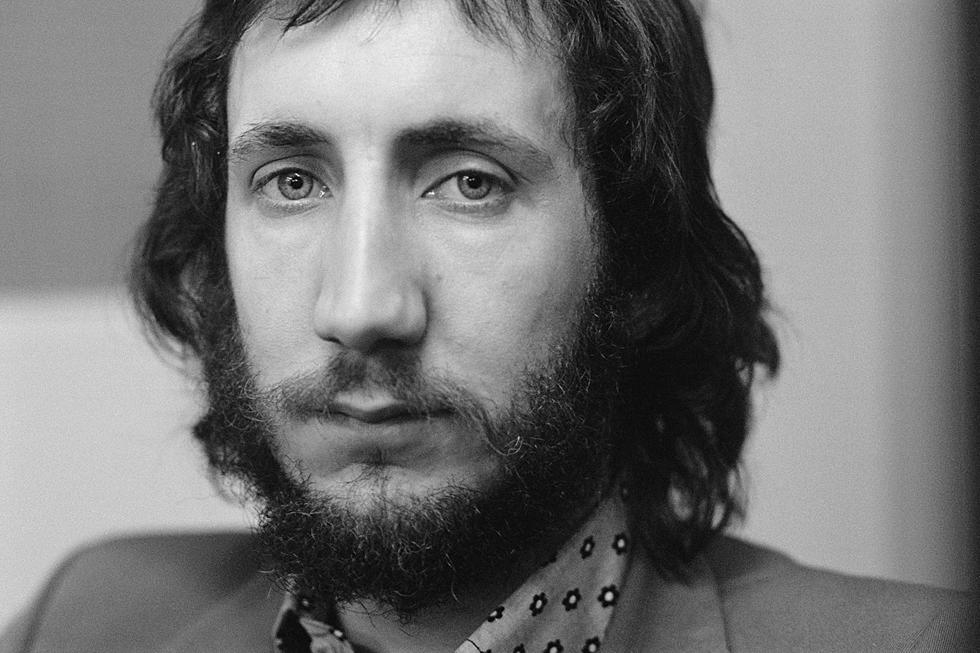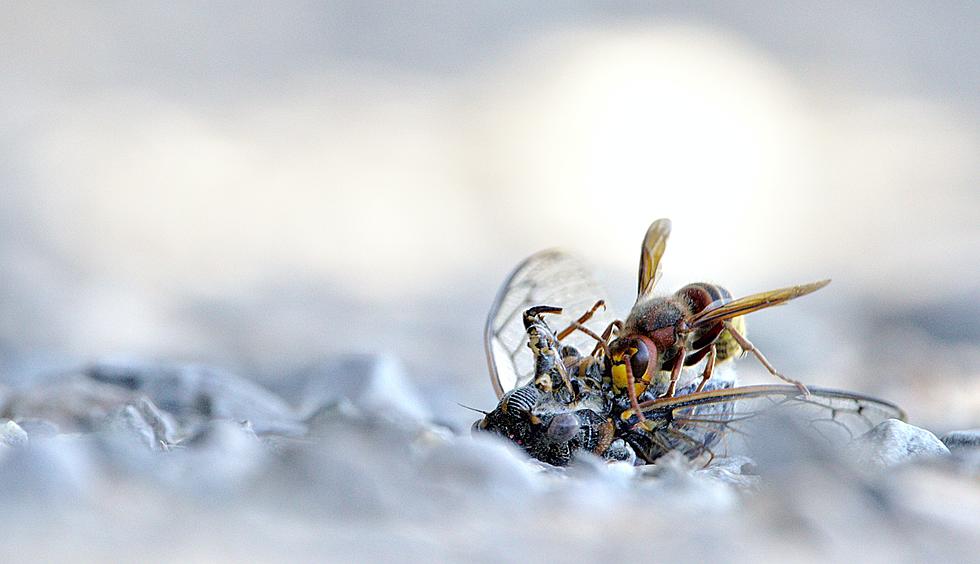
Why Pete Townshend Couldn’t Finish ‘Lifehouse’
Pete Townshend’s Lifehouse concept has run through his work with the Who and as a solo artist ever since he abandoned his original vision because it was too difficult to turn into reality.
Originally designed to be a rock opera in the style of Tommy, the majority of Lifehouse's completed music appeared on Who’s Next, the 1971 album often regarded as the band’s greatest achievement. But Townshend carried the wounds of the payoff with him for many years afterward.
“Lifehouse contained a fear of losing that easy identity with our audience,” he told Guitar World in 2019. “But it was also a recognition that there was nothing more important to me than the simple art of rock music: of making something that unites the listener and the player. Because that moment has lasting value for the person that’s heard it.”
Last month, the Who released Who's Next/Life House, a box set that gathers demos, outtakes and issued songs to piece together Townshend's abandoned Life House project.
One of the issues was transmitting the Lifehouse plot, which explored a kind of internet used to keep people under control by providing them with interactive distractions that kept them away from the enlightening, shared experience of enjoying music together.
Read More: Revisiting the Who’s Classic ‘Who’s Next’
“All I was really saying was, ‘Well, you know what we do with TV: We sit in front of it, and we turn the lights out, and we watch it, and we don’t listen to pop music. … Imagine that … a bit more,’” Townshend said. “So instead of turning on the TV and watching a soap opera, you experience a soap opera! Get it?”
He described the experience of going to work on the project as “fucking awful,” because he felt the Who’s manager, Kit Lambert, wasn’t providing the level of support he'd come to expect. “I had a – well, ‘nervous breakdown’ is probably too big a description of it,” he explained. “But I had a breakdown due to nervous exhaustion. … Kit had always been my friend and my pal.
“He was very supportive throughout Tommy, but we were a little bit estranged at the time of Lifehouse because his drug use had gotten a bit exotic. We went to New York to do work on the songs I had completed. And I was delighted because I thought, ‘Kit’s back and we’re going to get this together now.’”
Pete Townshend Nearly Jumped Out of 24th-Floor Window
But his feelings were changed dramatically after about six days, during which it had been “going very well.” Townshend recalled, “I went up to his hotel room, and as I was going in, I could hear him stamping around angrily, talking to his secretary and his butler and calling me ‘Townshend.’ And as I walked in, he said ‘Oh, hello, Pete.’ But I knew what was happening: when I’m not doing what people want me to do, I’m this arrogant shit called ‘Townshend’ and people hate me.
“And I started to kind of come apart. It really affected me. … I had a classic, extreme, psychotic New York anxiety attack. You know, I got this welling of energy, which I think you can only get in New York, and I started to hallucinate. And I thought, ‘I must get some air.’ And I stumbled towards the window, which was open, on the 24th floor. And Kit’s butler just grabbed me like that, just as I was about to jump out.”
Deciding that Lambert was “very, very angry” with him, the guitarist returned to London and “let the whole thing go.” He reflected that “what was important for me to learn, though, at that age, was that omnipotence can lead to a certain arrogance, that may in turn produce alienation. At that time I was still having great difficulty with my role in the band. I had taken over creative control, but I wasn’t willing to pay the price of the alienation that came with it.”
Read More: Roger Daltrey on a New Who Album: ‘What’s the Point?’
“You know, all I can say about the band – and even Kit – is that everybody was just fantastically supportive. … I just took on too much. I took on far too much.”
Still, he agreed, that Who’s Next was a “fair outcome” of his Lifehouse struggle. “I was delighted with it,” he said. “I was relieved to have anything at all, and it felt like the Who’s first proper album. It felt uncomplicated and simple, and I didn’t care that the story had been lost. And I just loved the way the songs sat together.”
Top 10 'Leftovers' Albums
Gallery Credit: Bryan Wawzenek
More From WRKI and WINE









